Welcome back to the second installment of our exploration into the Sociology of Food. In Part 1, we delved into the cultural and social dimensions of food, uncovering its role in shaping identities and societal structures. Now, we pivot towards the future, examining how sustainability, health concerns, and technological advancements are poised to transform our food systems and choices. This journey will take us through the fields of organic farming to the cutting-edge labs developing the next generation of food technology, all while keeping an eye on the plate in front of us.
Food Production and Sustainability
Industrial vs. Organic Farming
The debate between industrial and organic farming practices underscores a critical juncture in our relationship with the environment. Industrial farming, characterized by large-scale production and heavy use of chemicals, has long been criticized for its environmental impact, including pollution and deforestation. In contrast, organic farming emphasizes sustainability, biodiversity, and ecological balance, offering a promising path toward environmental stewardship. This comparison not only highlights the stark differences in agricultural practices but also points to the choices we must make for a sustainable future.
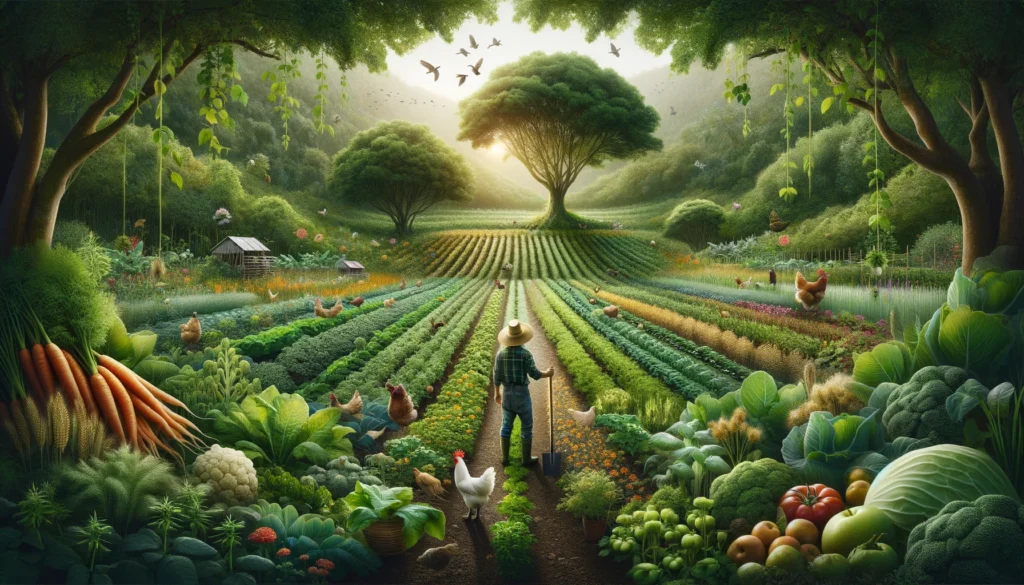
Sustainable Eating and Food Movements
Recent years have seen a surge in food movements advocating for sustainable eating. Veganism, farm-to-table, and locavorism (preferring local produce) are not just dietary choices but reflections of a growing consciousness about food’s environmental footprint. These movements underscore a collective effort to reduce food miles, support local economies, and promote the ethical treatment of animals, demonstrating how individual choices can lead to broader societal change.
Food Politics and Policy
Food Safety and Regulation
The safety and quality of our food are overseen by a patchwork of regulations and policies, from local health departments to international bodies like the World Health Organization (WHO). These regulations aim to protect consumers from foodborne illnesses and ensure that food production meets certain standards. However, the effectiveness of these policies can vary, highlighting the need for vigilant oversight and consumer awareness.
Food Sovereignty and Security
Food sovereignty advocates for the right of people to have access to healthy and culturally appropriate food produced through sustainable methods. This concept challenges the global food system, promoting local control over agriculture and opposing the monopolization of food production by large corporations. Food security, ensuring that all people have access to sufficient, safe, and nutritious food, is closely tied to this idea, emphasizing the importance of equitable food distribution.
Food, Health, and Society
Diet and Nutrition
The global shift towards processed and fast foods has had profound implications for public health, contributing to the rise of obesity, diabetes, and other diet-related diseases. This trend underscores the need for a reevaluation of our dietary habits, promoting whole foods over processed alternatives, and recognizing the role of diet in maintaining health.
Eating Disorders and Body Image
The prevalence of eating disorders and body image issues highlights the complex relationship between food, society, and self-perception. Influenced by media portrayals and societal standards, individuals may develop unhealthy eating habits, pointing to the need for a more inclusive and compassionate approach to body image and diet.
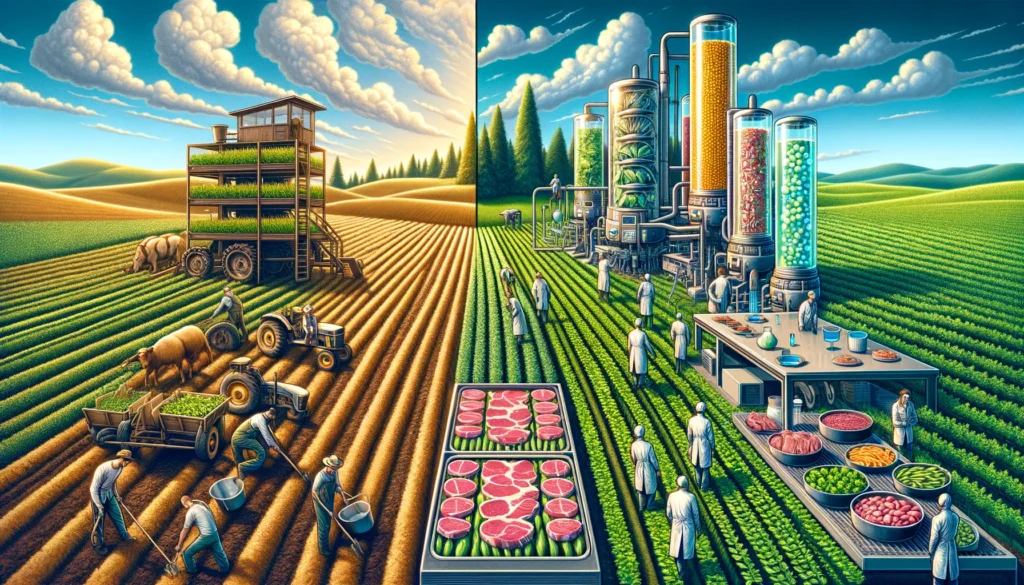
Food and Technology
Innovations in Food Technology
From genetically modified organisms (GMOs) to lab-grown meat, technological advancements are set to revolutionize the food industry. These innovations promise to address some of the world’s most pressing food challenges, including sustainability, nutrition, and food security. However, they also raise ethical and health concerns, necessitating a careful balance between innovation and safety.
Digital Food Culture
The rise of social media and digital platforms has transformed our culinary landscape, making food more accessible and fostering a global community of food enthusiasts. Platforms like Instagram and food blogs not only allow for the sharing of recipes and culinary experiences but also influence food trends and dining choices, illustrating the digital age’s impact on our eating habits.

Conclusion
As we conclude our exploration in “Food, Culture & Society: A Sustainable Future (II),” it’s evident that the realms of health, technology, and sustainability are intricately woven into the fabric of our food systems. This journey has highlighted not only the challenges we face but also the innovative paths we’re carving towards a more sustainable and equitable food future. By embracing the advancements in food technology, advocating for policies that ensure food security and sovereignty, and making conscious choices that support sustainable practices, we collectively move towards a healthier planet and society. As we look ahead, the choices we make at the dinner table will continue to shape our culture, society, and the environmental legacy we leave for future generations. Together, let’s step forward into a future where food is a source of nourishment, joy, and sustainability for all.
Author’s Note
As we wrap up our two-part series on the Sociology of Food, it’s clear that the future of food is at a crossroads, shaped by the interplay of technology, health, and environmental sustainability. Through informed choices and a commitment to sustainability, we can navigate this complex landscape, ensuring a healthy and equitable food system for generations to come.
G.C., Ecosociosphere contributor.
References and Further Reading
- “Sustainable Diets: How Ecological Nutrition Can Transform Consumption and the Food System” by Pamela Mason and Tim Lang
- by Sarah Elton
- “The End of Food: How the Food Industry is Destroying Our Food Supply—And What We Can Do About It” by Thomas F. Pawlick
These resources provide further insights into the themes discussed, offering a comprehensive look at the challenges and opportunities that lie ahead in the world of food.

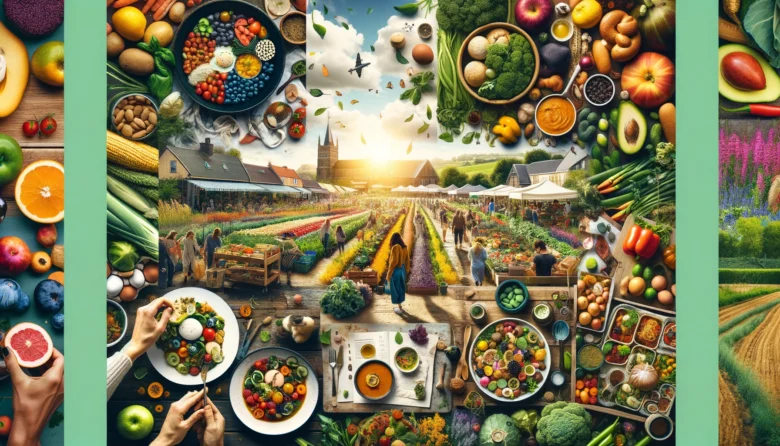
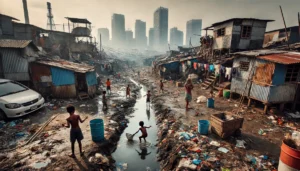

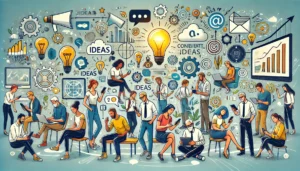
Comments
I don’t think the title of your article matches the content lol. Just kidding, mainly because I had some doubts after reading the article.
I don’t think the title of your article matches the content lol. Just kidding, mainly because I had some doubts after reading the article.
Can you be more specific about the content of your article? After reading it, I still have some doubts. Hope you can help me.
Your article helped me a lot, is there any more related content? Thanks!
I don’t think the title of your article matches the content lol. Just kidding, mainly because I had some doubts after reading the article.